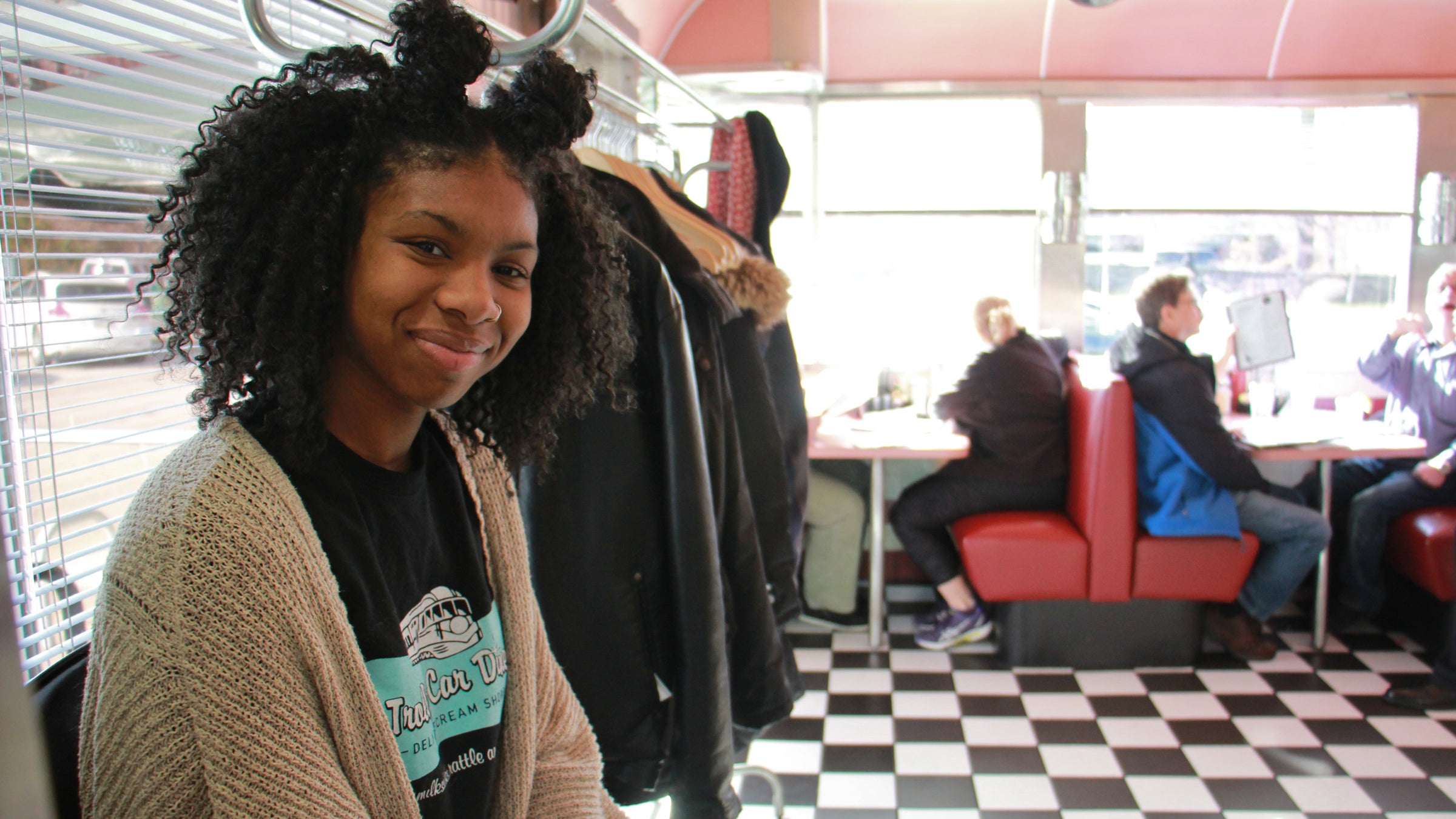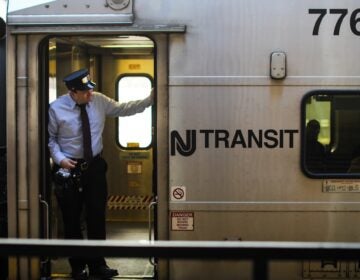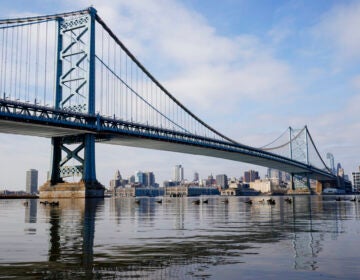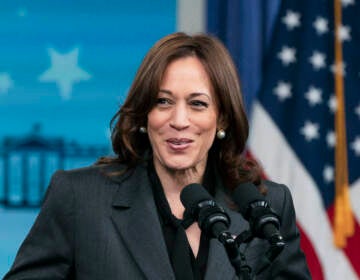Small Philly business owner boosting wages by example
Listen
Maya Jones is a hostess at the Trolley Car Diner in Mt. Airy. (Emma Lee/WHYY)
Pennsylvania’s minimum wage hasn’t budged since the economic downturn of 2009, and some business owners in Philadelphia have decided to take the matter into their own hands.
Ken Weinstein’s calling it WageChange. Under the initiative, city businesses are pledging to gradually increase their minimum pay to $11 an hour by 2020.
For years, restaurant owner Weinstein has hoped that government would institute a higher minimum wage since Pennsylvania’s went up slightly with the federal government in 2009.
“That’s not going to happen, and that’s becoming more and more apparent,” said Weinstein, sitting in a booth at his Trolley Car Diner in Mt. Airy.
It perhaps sounds like a counterintuitive cause for a small-business owner, but Weinstein doesn’t think so. There’s plenty of savings to be had in retaining employees longer who might otherwise leap to a higher-paying opportunity. And he said some of the increased wage cost is offset by employees being more productive and customers, in turn, being more satisfied. Plus, Weinstein says, better pay means more money invested into the economy, which will eventually beget more jobs.
Already, he has attracted about a dozen other restaurateurs to sign on to voluntarily raise minimum wages, with hopes of recruiting 1,000 business owners by the end of the year.
“Hopefully it will encourage those policy makers in Harrisburg and elsewhere to step up and join our commitment,” he said.
Most residents support raising Pennsylvania’s minimum wage of $7.25, yet lately, it’s been a political non-starter. Just ask John Dobbs, who leads the Philadelphia Unemployment Project and has lobbied statewide the past two years for changing the minimum wage.
“Every state surrounding us has raise the minimum wage, Maryland, New Jersey, West Virginia, Delaware, New York, Ohio all have got higher minimum wages. But we are still at seven-and-a-quarter,” he said. (New Jersey’s is now $8.44 an hour and is indexed to inflation, though the increase for 2017 was just 6 cents an hour.)
President-elect Donald Trump has said he’s not opposed to a higher minimum wage, though he said that should be left to the states to decide. In Harrisburg, the matter has been sitting dormant for years.
In Philadelphia, there have been failed efforts to raise the city’s minimum wage, although some legal experts say state law bans cities from creating wage floors higher that the state.
“People at the top are doing fine, but it’s the average working person who’s wages are depressed. They can’t get an increase,” Dobbs said.
Gov. Tom Wolf supports raising the state’s minimum wage and last year signed an executive order upping the pay floor of state workers to $10.15 an hour, though statewide legislation has been far less swift. The Pennsylvania Chamber of Commerce and other groups have been challenging efforts in Harrisburg to up the minimum wage, contending that any increase would kill jobs in the state.
“A greater focus should be placed on workforce development and the training needed to close an existing jobs skills gap and offer long-term career opportunities at family-sustaining wages,” said Gene Barr, who leads the chamber.
In the face of inaction, Weinstein said, there’s opportunity to boost the well-being of his workers. Granted, there still is a considerable cost, starting with the first gradual pay bump this year to $8 an hour. By 2020, about 35 of his 80 employees will be earning more.
“This is going to cost us $24,000, as it goes to $8 an hour minimum wage, and by the time it hits $11 an hour minimum wage, it will cause us $146,000 a year,” he said. “And some of that will be absorbed by customers coming and seeking us out for paying our workers well.”
Even though it’s an expense he can swallow, he admits not every business will have the wherewithal.
Critics of minimum wage increases argue it will spur more automation and result in higher prices for customers.
But to Trolley Car Diner customer Laverne Taylor, that wouldn’t be a bothersome result. If workers are better paid, she thinks quality will go up, too, making potentially increased prices worth it, she said.
“I don’t have to send my food back,” said Taylor between bites of her breakfast. “If you don’t pay your workers, they’re going to slash this food however way they wanna flash it on your table.”
It comes as no shock that Maya Jones, who started as a host at the diner earning minimum wage, welcomes more pay. She just started college and knows what lies ahead.
“You know, with loans and everything like that,” Jones said. “It’s going to be a little easier to start paying those off because I get to save up a little bit more.”
The higher wage does not apply to tipped employees, such as servers. They are still covered by other wage laws with even lower minimums. In Pennsylvania, tipped employees make $2.83 an hour, though their take-home pay is often much higher than the state minimum wage.
WHYY is your source for fact-based, in-depth journalism and information. As a nonprofit organization, we rely on financial support from readers like you. Please give today.




